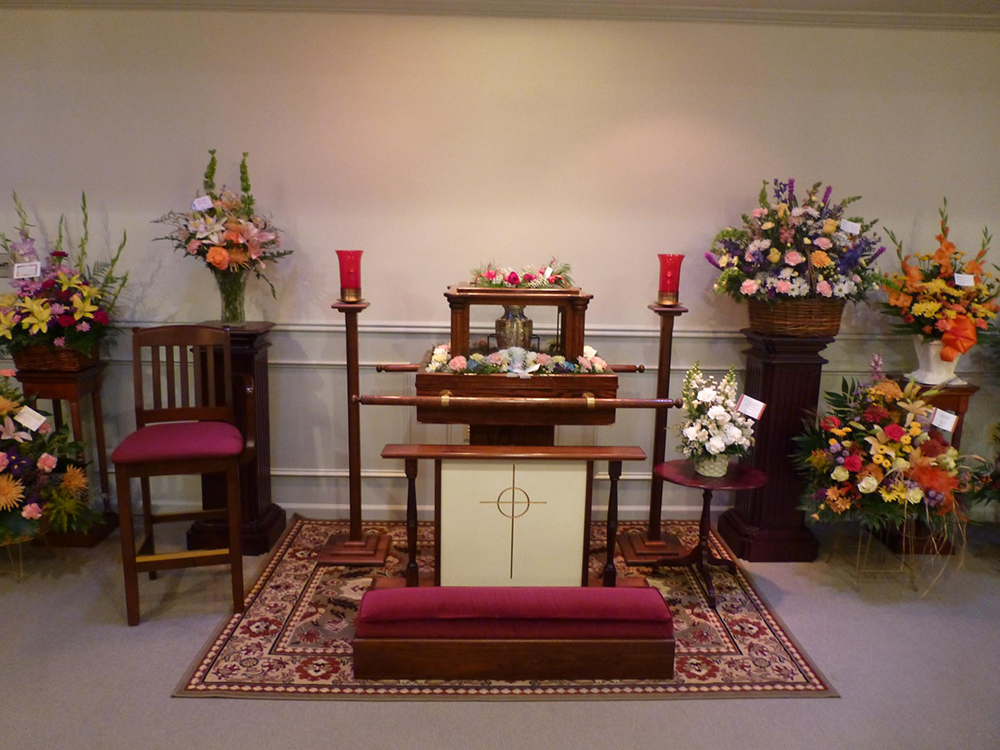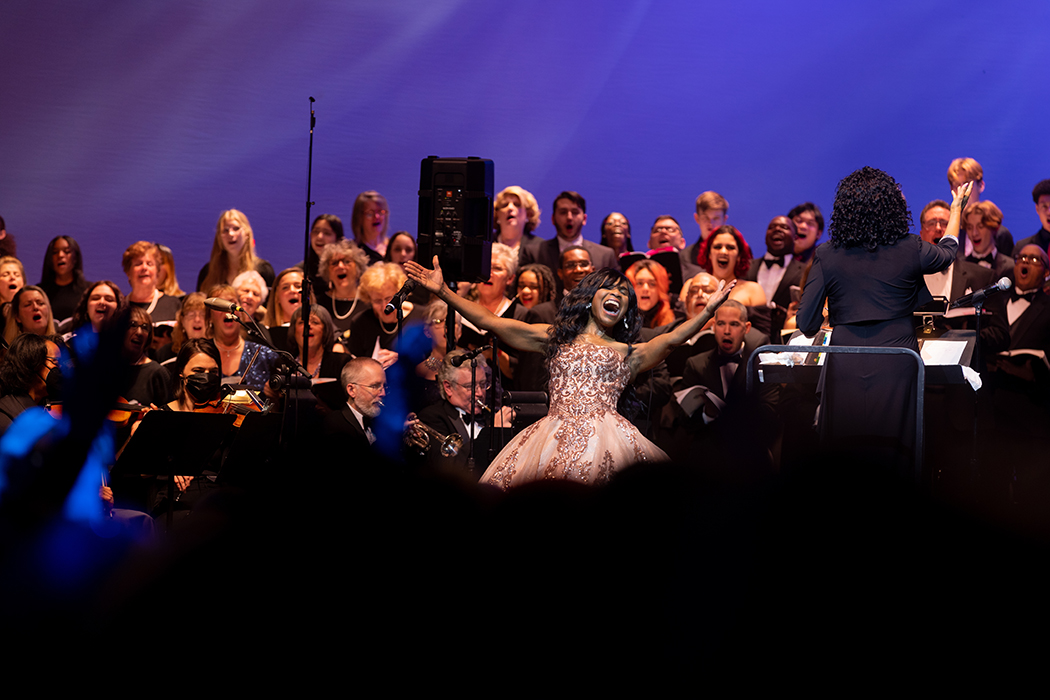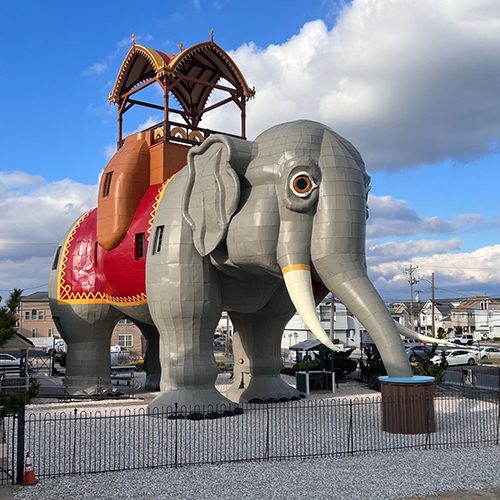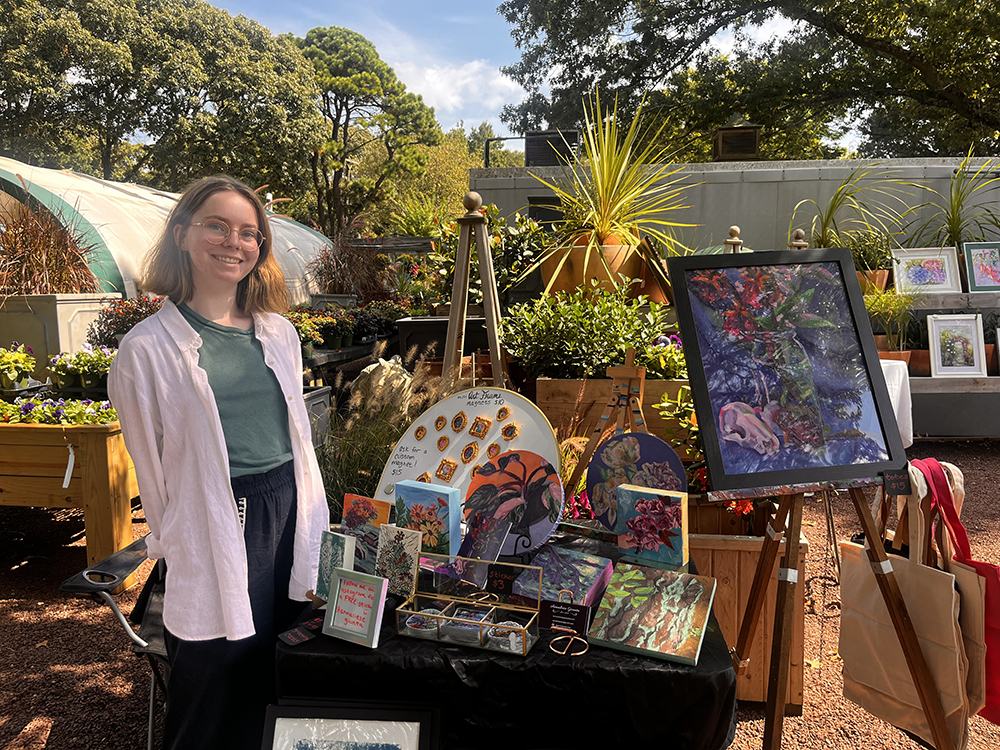By Andrew Hoffman
In life, there are a lot of moments that we mark as significant events. These events are sometimes marked with what our society calls a ceremony. We have a ton of ceremonies that we perform or go through in our lives. Some of these ceremonies we even do more than once. What are some examples, well there are the obvious, like weddings, graduations, bar mitzvah’s, confirmations and retirement. But there are also birthdays, anniversaries, baptisms and graduations.
All throughout the world people celebrate through ceremony, with ceremonies having cultural or religious significance. A ceremony allows us to acknowledge a transition or a rite of passage. Such as the starting of a new chapter in our lives (marriage) or a new beginning and sometimes a conclusion. Ceremonies are held to celebrate a new life (birth) or in honor of a career well done (retirement). Communities hold ceremonies to reflect on events of historical (Fourth of July) or social significance (Martin Luther King’s Birthday). For those events that cause devastation or loss, ceremonies can help us recognize the impact and help to heal (9/11) . A ceremony can help to show people they are united and that they belong. Ceremonies can motivate us, stimulate our emotions and prompt memories. The positive effects of ceremony are universal across civilizations and are neither specific to age or gender. According to Dr. Kenneth J. Doka, author of Disenfranchised Grief, “ one of the recognitions shared by humans throughout the world and overtime is the importance of ritual”…”In every culture, significant transitions such as births, marriages and deaths have been marked by rituals.”
So, why am I talking so much about ceremonies in our society and what is their significance to us as a people as a whole and individuals? Because, I would like to focus on and talk about the funeral ceremony and how healing it is in our culture and important to us as individuals. Yes, I know some of you are rolling your eyes right now and saying “oh, of course you feel/say that it so important Andy because that is your business. I chose becoming a funeral director and helping families with the deaths of loved ones as my life’s work because I believe in the value of each person’s life and that they mattered. I also strongly believe in the psychological benefit of a funeral service and its importance as the starting point to a person’s grief journey.
Simply mention the word “funeral” and it can evoke a wide variety of emotions. For many, the likely response is sadness as the memory of losing a loved one is the first thing that comes to mind. For others, the reaction is one of fear because they have never attended a funeral and know that one day they will be forced to confront this reality. Many other people are likely to respond with a combination of feelings ranging from sorrow to peace of mind as fond memories of a well-planned, personalized funeral that honored their loved one comes to mind. Whether you or your loved one are members of a church or formal religion, are spiritual but not religious, or have other beliefs, a funeral or memorial service is an important way of honoring a person’s life and can be an incredibly powerful source of comfort in the long run to the survivors who are grieving a loss.
Andrew B. Hoffman is a funeral director at Jeffries and Keates and Keates-Plum Funeral Homes. He is a twenty-two year veteran of the funeral industry.






